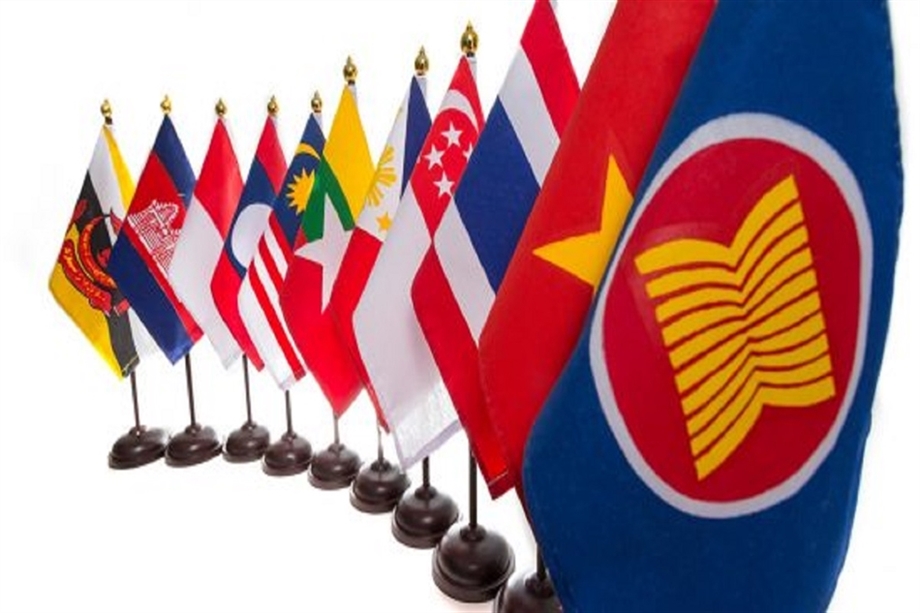Shaping the region’s future through strategic cooperation and concrete actions
At the heart of the plan is the use of sports to foster solidarity and unity, contributing to sustainable development and peace. Through sports, ASEAN aims to build a strong regional identity where member states share common values and goals. For example, hosting regional competitions such as the SEA Games or ASEAN Para Games is not only a competition event but also a cultural bridge, where athletes and spectators from all over the world meet and interact. In addition, promoting healthy lifestyles is also a core priority, encouraging widespread participation in physical activities. This not only helps improve public health but also contributes to improving the quality of life for ASEAN people.
Strengthening professional capacity and protecting comprehensive sports
The plan also places special emphasis on enhancing professional capacity and ensuring the integrity of sports. Anti-doping efforts, promoting fair play and training sports professionals are considered key elements to building a fair, transparent and professional sports environment. This is articulated through 15 programmes and 36 key activities, including knowledge and skills exchange programmes for coaches, referees and sports administrators in the region.
Another notable aspect is the plan to achieve inclusive access to sports for all, regardless of gender, age or disability. The plan places special emphasis on facilitating the participation of women, persons with disabilities and other vulnerable groups in sports and recreation activities. For example, the ASEAN Para Games, which are held in parallel with the SEA Games, are a vivid demonstration of this commitment. In addition, the preservation of traditional games and sports, as an integral part of ASEAN’s cultural heritage, is also a key priority.

Linkages with Global Development Goals
The ASEAN Work Plan on Sports 2021-2025 is built on strong alignment with the global agenda, in line with the ASEAN Socio-Cultural Community Blueprint 2025 and in line with the United Nations Sustainable Development Goals (SDGs). The Kazan Action Plan is seen as a foundational framework for aligning physical education and sports policies, aligning sports policy development with the United Nations 2030 Agenda and the World Health Organization’s Global Plan of Action on Physical Activity 2018-2030. This alignment ensures that ASEAN initiatives are not only regional in nature but also in line with the global effort to use sports as a development tool.
By translating strategies, measures and actions into concrete outcomes and impacts, the plan not only promotes sports development but also contributes significantly to the building of a cohesive and prosperous ASEAN Community. This is a vision built on three guiding principles: adherence to regional and global instruments, implementation of regional interventions, and application of a robust monitoring and evaluation framework.
The plan is a clear demonstration of the role of sports as a powerful driver in realizing the region’s shared aspirations.
Recommendations for Improving the ASEAN Sports Work Plan
The recommendations focus on creating a stronger strategic outcomes framework. This will help to clearly align projects with the organization’s goals, define measurable targets, allocate resources effectively, and mitigate risks. Furthermore, to assess achievements comprehensively, a baseline or external benchmark needs to be established, as the absence of this makes it difficult to measure progress.
In addition, the qualitative aspects of priorities and programs need to be better defined. For example, the concept of “excellence” in sports can be asserted as part of the ASEAN brand through specific indicators such as frequency of placing in the top 3 regional rankings, level of investment in infrastructure, number of accredited sports education programs, or number of sports tourists.
Finally, particular attention should be paid to sustainability and resilience indicators, including sustainable financing, the ability to address uncertainty and change, environmental sustainability, and gender responsibility/social inclusion. These elements need to be clearly defined in an ASEAN-specific manner, ensuring that sports initiatives not only deliver short-term benefits but also have positive and lasting impacts. Targeted beneficiary analysis and stakeholder engagement are also elements that need to be strengthened to ensure the feasibility and effectiveness of joint efforts.
Ha Phuong